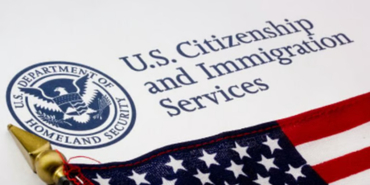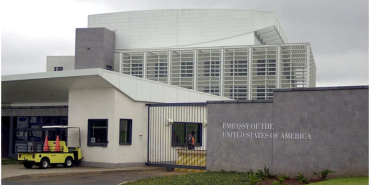47% of Americans Consider Immigration as Leading National Challenge

Immigration has become a pressing issue for many Americans, transcending political affiliations, as reflected in a December AP-NORC poll.
The survey indicates that 47 percent of respondents view immigration as the foremost challenge for the government in 2025. However, this shared concern conceals a notable partisan divide regarding trust in the incoming Trump administration's ability to effectively manage the issue. While both Republicans and Democrats acknowledge the significance of immigration, their confidence in the federal government's capacity to address it diverges considerably.
Approximately 50 percent of Republicans believe the nation is heading in the right direction, a sentiment that contrasts with a lesser percentage of Democrats. Moreover, 35 percent more Republicans than Democrats express optimism regarding the government’s ability to tackle key issues, a disparity likely influenced by President-elect Trump's proposed immigration policies. Trump’s administration plans to implement mass deportations, which has raised red flags among civil rights organizations, including the American Civil Liberties Union (ACLU).
They caution that such a strategy could lead to unconstitutional practices, such as racial profiling and unlawful interrogations, undermining the Fifth Amendment’s guarantee of due process. Additionally, Trump has signaled intentions to issue an executive order aimed at revoking birthright citizenship, determining a child's citizenship based on parental status. This move is expected to clash with the Fourteenth Amendment, which states that any individual born in the United States is a citizen, irrespective of their parents' citizenship status.
The US House of Representatives has demonstrated legislative support for Trump’s immigration stance, recently passing a bill that mandates the detention of immigrants charged with theft-related offenses. This backing highlights a firm approach to immigration under the new administration. Civil rights and immigrant advocacy groups have raised significant objections to Trump’s proposed policies, stressing the importance of aiding those displaced by conflict and disaster.
Critics argue that a similar inclination towards mass deportation during Trump’s first term contributed to the release of criminals by US Immigration and Customs Enforcement (ICE), as the agency prioritized prosecuting asylum seekers over those charged with crimes. As the Trump administration gears up to take office, the nation remains sharply divided on immigration policy.














Add new comment